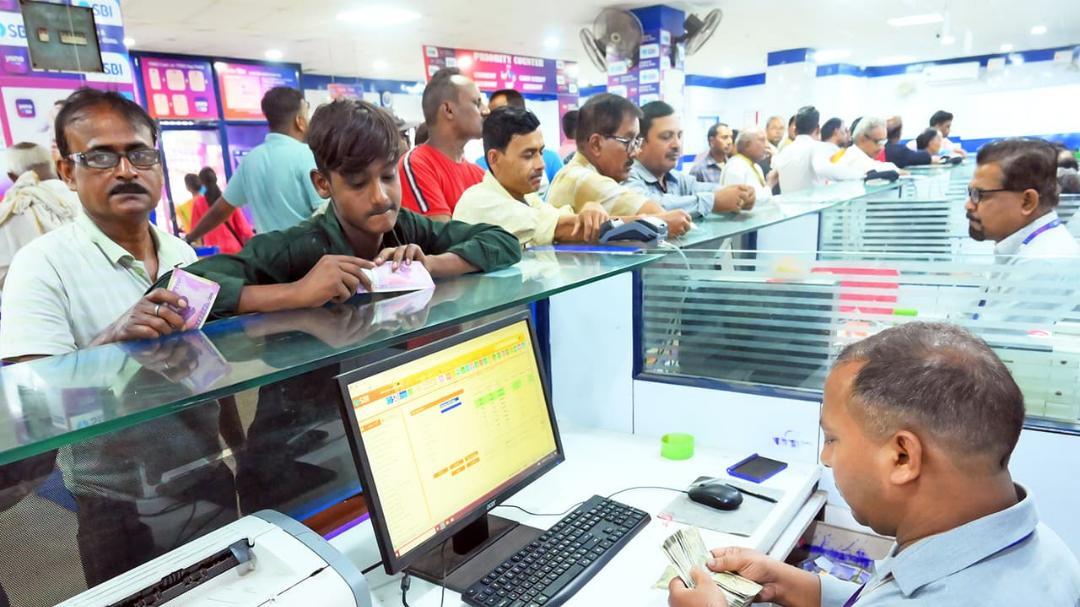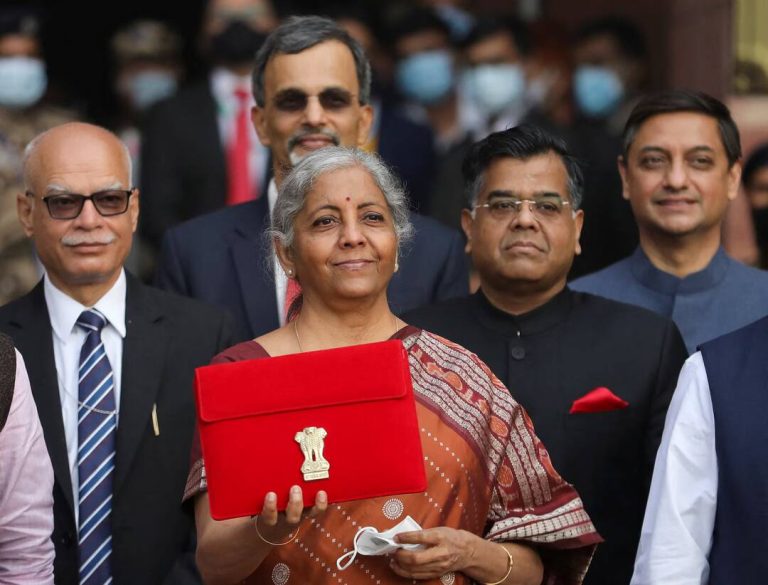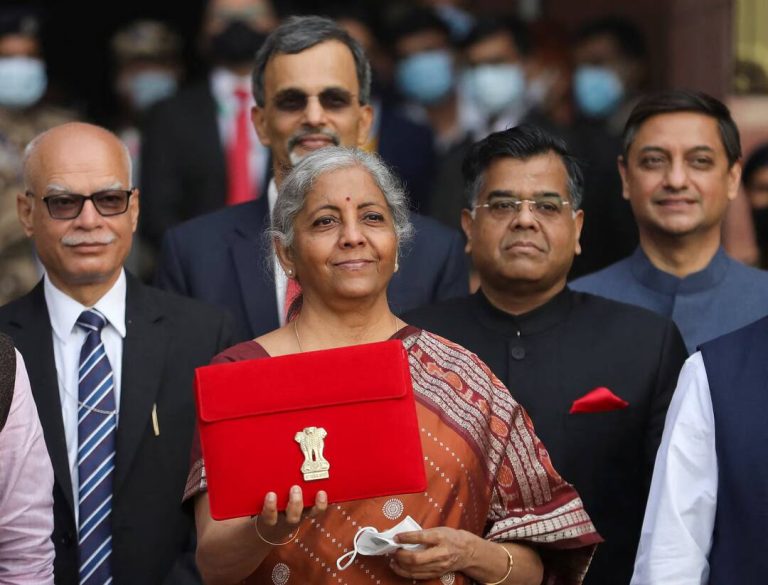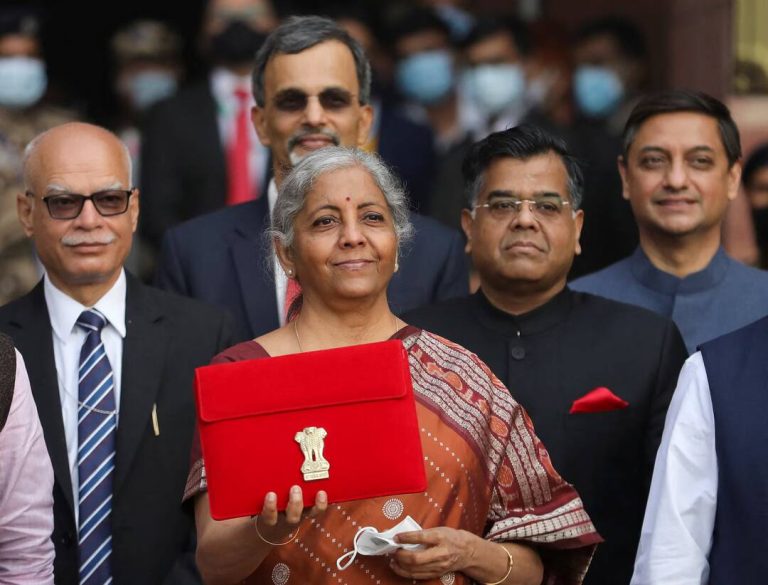
RBI’s government securities holdings jump to 14.2%: SBI report
The Reserve Bank of India’s (RBI) share in government securities has witnessed a significant rise, reaching 14.2% in June 2025, according to a recent report by the State Bank of India (SBI). This marks a notable increase from 11.9% last year, indicating a substantial shift in the RBI’s holdings of government securities. The report also highlights that banks have reduced their exposure to government securities, while insurance companies have maintained a stable level of holdings.
The increase in the RBI’s share of government securities is a significant development, as it reflects the central bank’s efforts to manage the country’s debt and maintain stability in the financial markets. The RBI’s holdings of government securities have been steadily increasing over the years, and this latest report suggests that the trend is likely to continue.
One of the primary reasons for the RBI’s increased holdings of government securities is the need to manage the government’s borrowing program. With heavy central and state borrowings ahead, the RBI is likely to continue to play a crucial role in absorbing a significant portion of the government’s debt. This is expected to keep bond yields rangebound, as the RBI’s purchases will help to maintain demand for government securities and prevent yields from rising too sharply.
However, the RBI’s increased holdings of government securities also have implications for the broader economy. With the central bank absorbing a larger share of the government’s debt, it may reduce the availability of funds for other sectors of the economy, such as the private sector. This could have a negative impact on economic growth, as the private sector may struggle to access credit and invest in new projects.
In addition to the RBI’s increased holdings of government securities, the report also highlights that banks have reduced their exposure to government securities. This is likely due to the fact that banks are required to maintain a minimum level of liquidity and are seeking to diversify their portfolios. With the RBI’s liquidity tightening measures, banks may be looking to reduce their holdings of government securities and increase their lending to other sectors of the economy.
Insurance companies, on the other hand, have maintained a stable level of holdings of government securities. This is likely due to the fact that insurance companies are required to hold a certain level of government securities as part of their investment portfolios. With the RBI’s increased holdings of government securities, insurance companies may be looking to maintain their current level of holdings, rather than increasing or decreasing them.
The RBI’s forex interventions have also had a significant impact on the financial markets. The central bank’s efforts to manage the exchange rate and maintain stability in the foreign exchange market have resulted in a tightening of liquidity. This has prompted the RBI to undertake fresh Open Market Operations (OMO) to inject liquidity into the system and maintain stability in the financial markets.
In conclusion, the RBI’s increased holdings of government securities, as reported by the SBI, have significant implications for the financial markets and the broader economy. With heavy central and state borrowings ahead, bond yields are likely to remain rangebound, and the RBI’s efforts to manage the government’s debt and maintain stability in the financial markets will continue to play a crucial role. As the economy continues to evolve, it will be important to monitor the RBI’s holdings of government securities and their impact on the financial markets.
The report by the SBI highlights the importance of the RBI’s role in managing the government’s debt and maintaining stability in the financial markets. As the central bank continues to navigate the challenges of the economy, it will be essential to monitor its actions and their impact on the financial markets.
In the coming months, it will be interesting to see how the RBI’s holdings of government securities evolve and how they impact the financial markets. With the RBI’s increased focus on managing the government’s debt and maintaining stability in the financial markets, it is likely that the central bank will continue to play a crucial role in shaping the economy.
As the economy continues to grow and evolve, it will be essential to monitor the RBI’s actions and their impact on the financial markets. The report by the SBI provides valuable insights into the RBI’s holdings of government securities and their implications for the financial markets.





